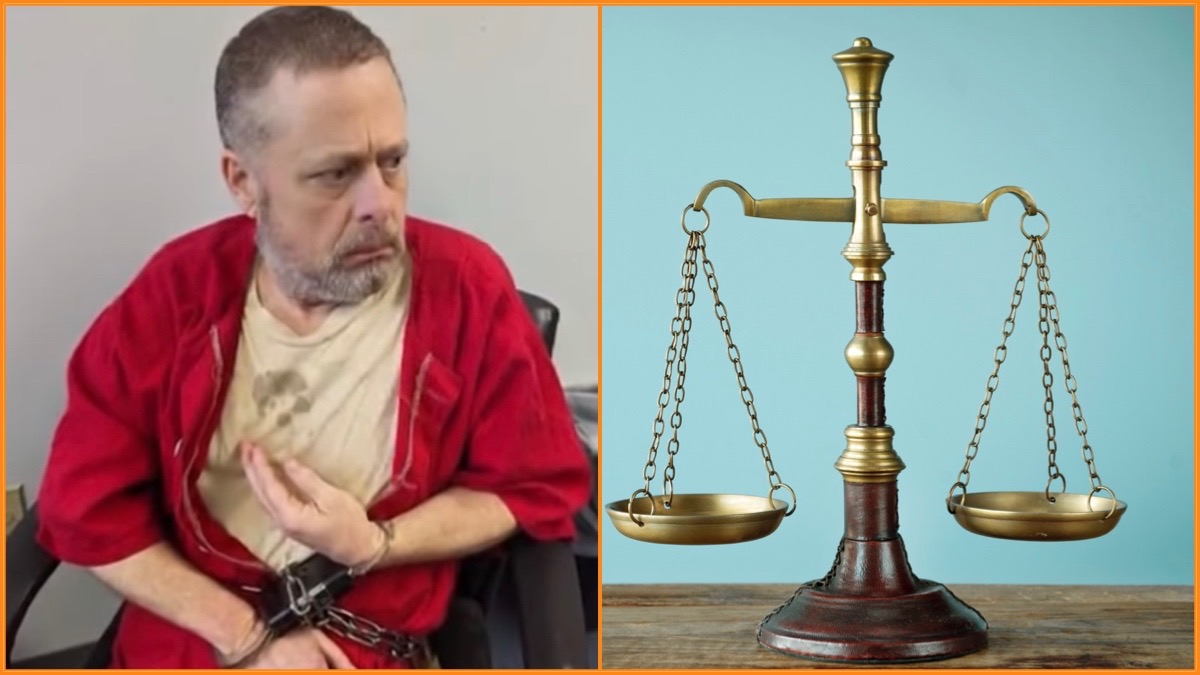On Wednesday, hundreds of pages of sealed filings in the case of a man arrested for murdering two girls were published online. The man, Richard Allen, was arrested in Oct. 2022 for the 2017 murders of Abby Williams (13) and Libby German (14) near a hiking trail in Delphi, Indiana. He has pleaded not guilty.
Per the Lafayette Journal & Courier, Special Judge Frances Gull wrote in her Wednesday order that the filings from both the state of Indiana and Allen’s defense attorneys were originally sealed to “comply with the Court Order dated December 2, 2022, which prohibits public comment, commonly referred to as the ‘Gag Order.'”
However, Gull said she conferred with the attorneys and that “[c]ounsel agree with the Court that the public interest is best served by transparency, but that certain pleadings should remain sealed.”
On Valentine’s Day of 2017, Williams and German went for a hike along the Delphi Historic Trails in Carroll County, Indiana. Williams took a photo of an abandoned railroad bridge and posted it to Snapchat, which was the final message sent from her phone.
According to the Indiana State Police (ISP), the bodies of the two teen girls were found in the woods 18 hours later, not far from that very bridge. After the bodies were discovered, police went through German’s phone and found a blurry photo of a middle-aged white man in a blue jacket and jeans walking toward the girls. Still, the case went unsolved for many years.
According to ABC News, the unsealed documents reveal that Allen allegedly admitted “several times that he killed Abby and Libby” to his wife during a call on April 3. The documents note that his wife hung up abruptly.
Soon after that call, Allen’s attorneys filed an emergency motion to move him out of the Westville Correctional Facility, saying his mental state had declined and he was unfit to be in prison. According to that motion, Allen was refusing to eat or sleep, and was “wetting down paperwork he had gotten from his attorneys and eating it.”
On April 14, two psychiatrists evaluated Allen and found that he did not need involuntary medication or to be moved to another facility to accommodate his mental health. Per the unsealed documents, Allen started eating and sleeping normally again after that meeting, and his behavior “began to return to what it was prior to making the admission on April 3.”
Still, Allen’s attorneys say that any confessions made by Allen are unreliable due to his deteriorating mental and physical health.
Allen’s trial is scheduled to begin in Jan. 2024.

